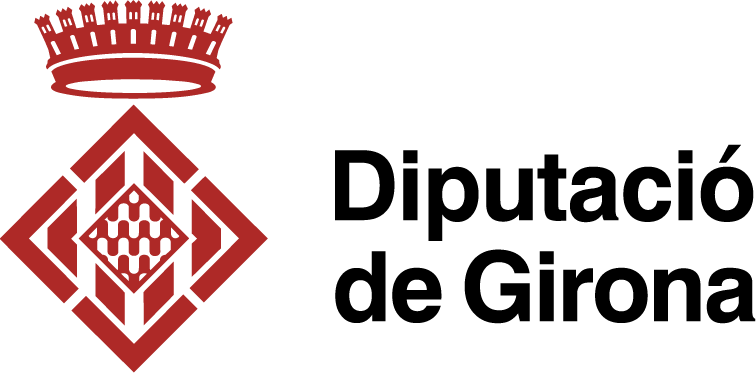François Schneider
Wednesday 4th July, 12.00-13.30, Cerbère
A narrative is a « spoken or written account of connected events; a story. It is a representation of a particular situation or process in such a way as to reflect or conform to an overarching set of aims or values. »
It is not an exaggeration to state that our society is still governed by growth narratives. Those narratives are dominant in the colonized mind of politicians. They contain a subtle complementarity of narratives, often presented as a conflict, between bottom-up – involving numerous individual consumers and entrepreneurs – and top-down – involving large public and private powers.
The lack of storylines outside the growth paradigm impedes the possibility of alternative policies (Berg & Hukkinen 2011). Degrowth policies are discarded by default. In the present situation degrowth is a “non-story” that cannot act as a policy motivator. Degrowth narratives are stories, visions of society transformation that do not omit an important blind spot of transformation of society towards ecology, economy, and well-being (Degrowth) ; A part where society reduces its consumption and production, and shares more, so that everybody can access to resources they need, so that ecosystems flourish, and economy sustains (Bayon et al. 2010).
Many local and global alternatives to the dominant systems are emerging; they are creating the solutions and giving birth to new systems. On one hand there will be some creative unexpected processes : « brainstormings ». Here we describe a complementary process : a creative building of pathways within the network in construction. Such process is described by Videira et al. (2014).
Why do we need to support this process ? Because politicians and citizens are afraid that there is no societal alternative to the multiple crises, until they think so they will stick to what they know: growth policies. When they are afraid, instead of working on societal alternatives, they close, they hang to the on-going (and people end-up voting extreme right). To reduce their fears they need to realise that there exists alternatives narratives outside the growth paradigm. (Berg & Hukkinen 2011).




